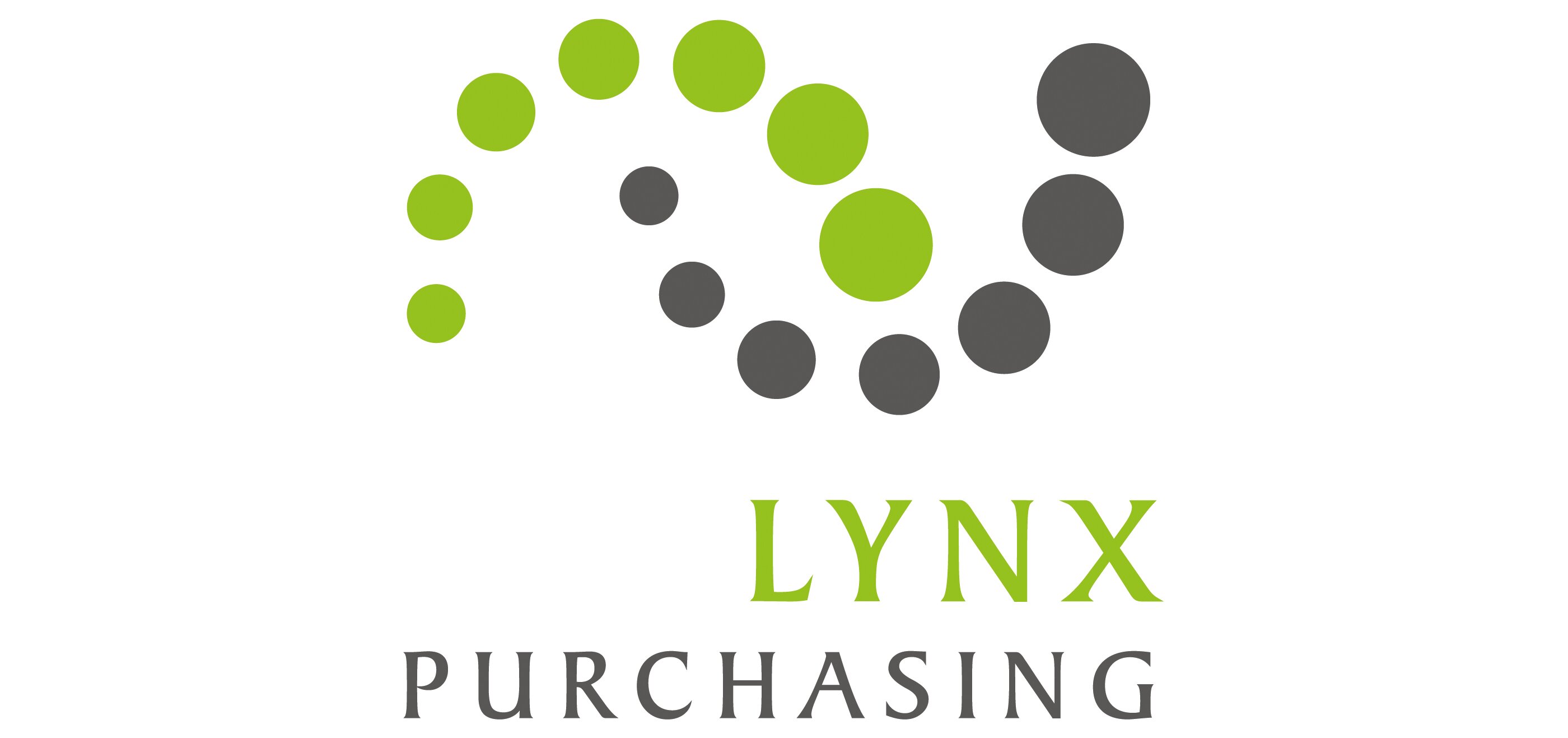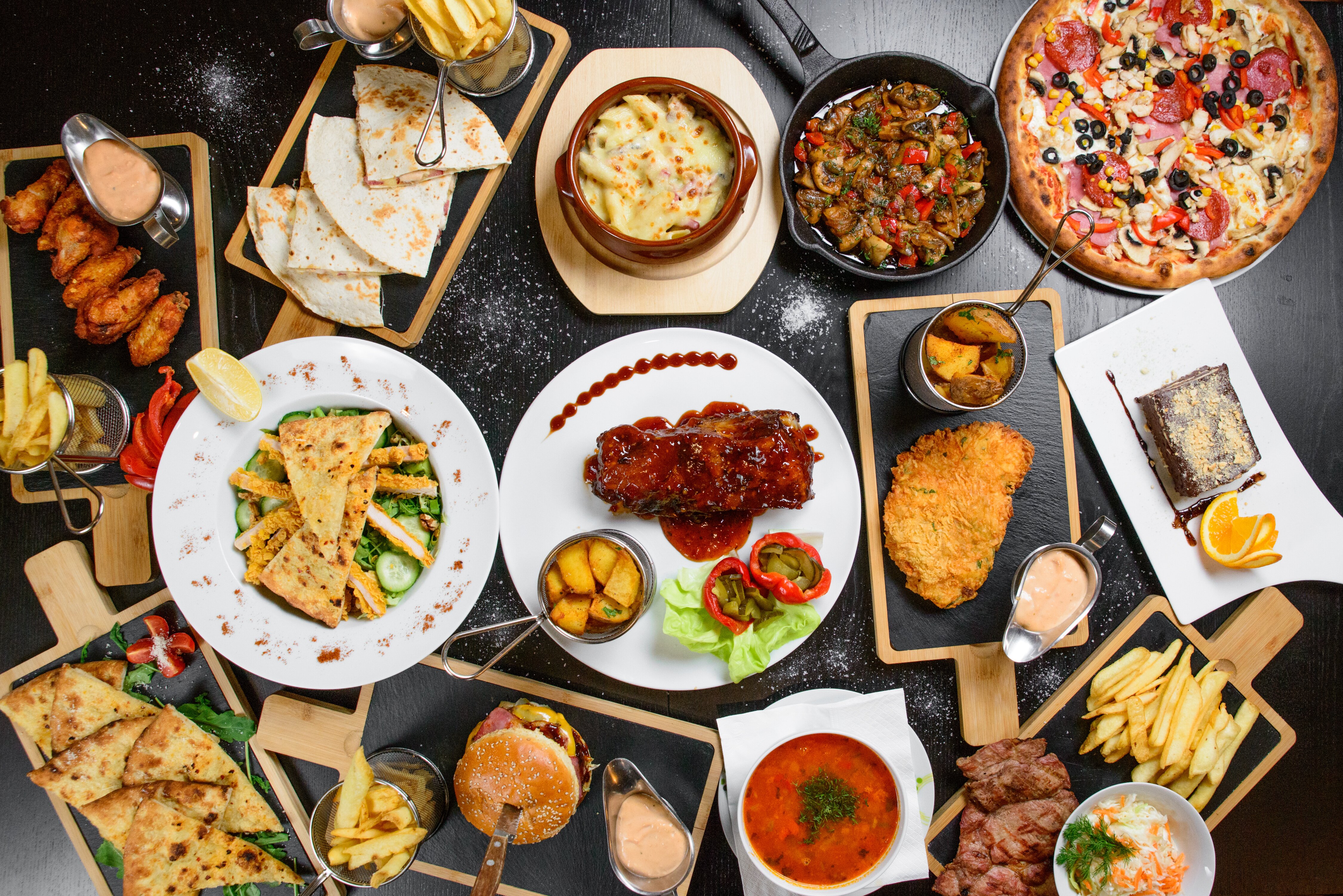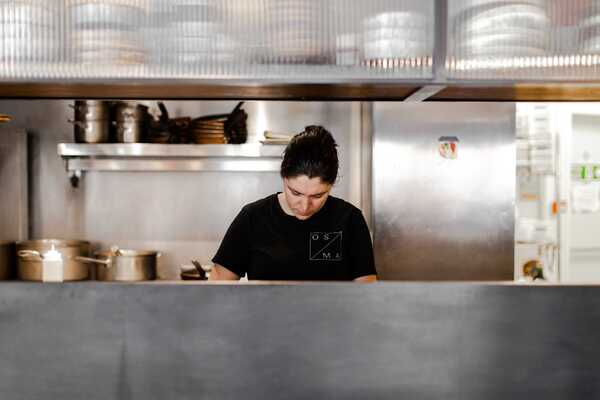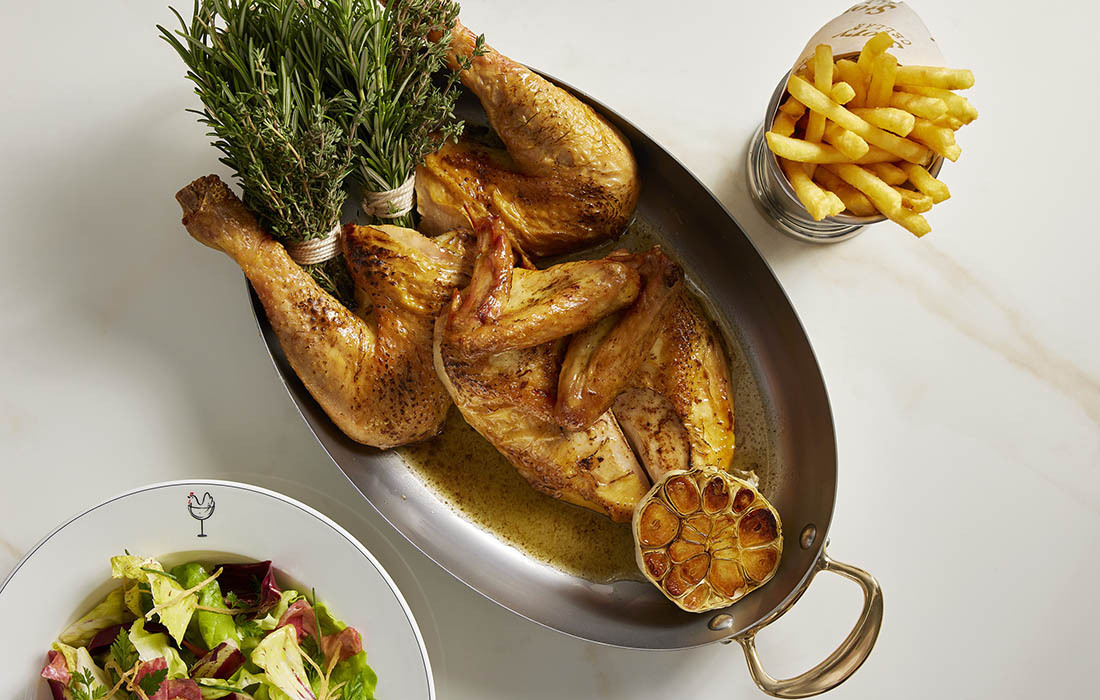Covid winter: plan for uncertainty, says Lynx Purchasing
The new normal for hospitality when it comes to menu buying is to be flexible, be wary of potential shortages and don’t forget the spectre of Brexit, warns buying specialist Lynx Purchasing.
As operators try to plan for what would usually be the peak trading period for many, the introduction of new restrictions, including 10pm closing, to tackle the continued spread of coronavirus, shows how fragile the sector remains.
As Lynx Purchasing publishes the autumn edition of its regular Market Forecast, the combination of the continuing pandemic and uncertainty over Brexit are having an impact right through the supply chain, and not only at the frontline.
“The Eat Out to Help Out scheme in August clearly did its intended job, with almost all operators seeing an uplift in sales,” said Rachel Dobson, managing director of Lynx Purchasing. “For many, this continued into September, helped by continued offers and discounts.
“However, the new restrictions are forecast to last at least six months, with the prospect of even stricter measures to be introduced, if necessary, to control the spread of the virus. The final three months of the year are the key trading period for the hospitality sector, and restricted hours and limits on the numbers that can meet will have a clear impact.”
The Market Forecast offers operators an in-depth look at pricing and product trends over the coming months, using data gathered from the range of suppliers who work with Lynx Purchasing.
The latest edition also spotlights other key challenges impacting the hospitality supply chain:
People – many businesses had to cut back on staff during the lockdown, and this would take time to rebuild, even if levels of consumer demand were guaranteed – which they aren’t. Right through the supply chain, producers, growers, manufacturers, distribution, pickers and packers face staff shortages.
Availability – many suppliers have cut back their range to focus on core products, and bringing back a wider choice isn’t as simple as turning on a tap. Some products will continue to be in short supply.
Transport – the cost of moving goods is high, due to factors such as staff shortages and less freight on the move generally, creating uneconomic ‘empty leg’ journeys.
Brexit – the UK leaves the EU at the end of the year, and uncertainty over the ease, or otherwise, of importing and transporting goods remains a key concern.
Fish and seafood
The winter months are more of a challenge for home-caught fish, as boats are able to go out less often, which reduces choice and availability, while the post-Brexit fisheries arrangements have still to be agreed.
While cod and haddock are expected to be in fairly good supply, sustainability concerns mean many customers are looking for alternatives. Farmed stone bass has increased in popularity and is now a popular choice on menus. In contrast, both salmon and prawns are expected to see higher prices as quality issues hit supply.
Dairy and flour
With a global shortage of grain, there is upward price pressure on eggs, due to both high demand for free-range eggs in particular and the higher cost of poultry feed.
The grain issue has also affected the availability of flour, which will be reflected in the prices of pre-made baked goods, such as bread, cakes and desserts.
With butter also seeing higher price due to rising demand, maintaining margins on dessert menus in particular could be a challenge in the coming months.
Fruit and vegetables
Potatoes, onions and root vegetables have produced good crops this year, so quality, price and availability will make them excellent choices as ingredients in hearty winter favourites, such as stews and pies, and accompaniments to roast dinners.
Imported fruits, such as bananas, pineapples and limes, carry with them a warning on the impact of higher shipping costs.
Meat and poultry
Demand for beef boomed during the Eat Out to Help Out campaign as hospitality customer treated themselves, and this is expected to have a knock-on effect through the autumn and winter, pushing up the price of steaks and other premium beef cuts.
Across all meat and poultry, availability will vary depending on levels of consumer spending, which is hard to predict.
Air-freight produce
The economics of produce air-freighted into the UK have been hit by Covid. There are far fewer opportunities to ship produce in the holds of passenger flights, and less commercial freight being shipped, increasing the number of expensive “empty leg” flights.
Typical of the products affected at this time of year are sugar-snap peas, fine beans, baby corn and asparagus, which are likely to be even more expensive options than usual.
Store cupboard
Commodities that saw retail shortages during lockdown as consumers prepared for potential food shortages continue to be in strong demand as supermarkets prepare for further restrictions. This affects many staples, such as rice, pasta and canned goods, as well as non-food lines such as toilet rolls.
“We’re working hard with our suppliers to offer operators as much clarity as we can, but most of the uncertainty about is generated by factors beyond the hospitality sector’s control,” adds Dobson.
Most of the uncertainty about is generated by factors beyond the hospitality sector’s control
“Our advice is not to be tempted to over-order on core products, not only because it can create more widespread availability problems, but also because customer demand is uncertain and operators could end up with products they can’t sell, creating waste.
“Instead, keep menu descriptions flexible, and work with suppliers to get the best value as availability changes.”
Lynx Purchasing

Lynx Purchasing works with more than 2,200 accounts in the hospitality and catering sector, on a no-membership and no-contract basis that offers like-for-like products at lower prices and often better quality than operators could obtain by negotiating alone.
As purchasing professionals, Lynx works with leading suppliers in the hospitality and catering industry. These include specialist fresh food suppliers, wines and spirits, catering equipment providers, utilities, and specialist service providers such as telecom, business rates consultancy and waste management.
A free copy of the autumn 2020 Market Forecast can be downloaded from the website.
Keep up to date with Lynx Purchasing through LinkedIn.
For more information call 01325 710143 or email [hello@lynxpurchasing.co.uk](mailto: hello@lynxpurchasing.co.uk).
Photo: Shutterstock

















